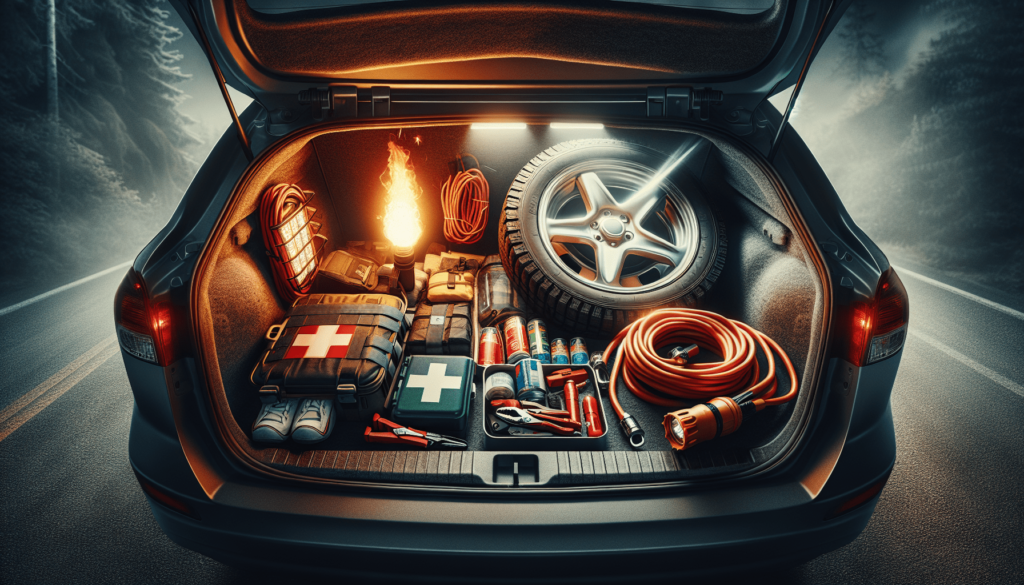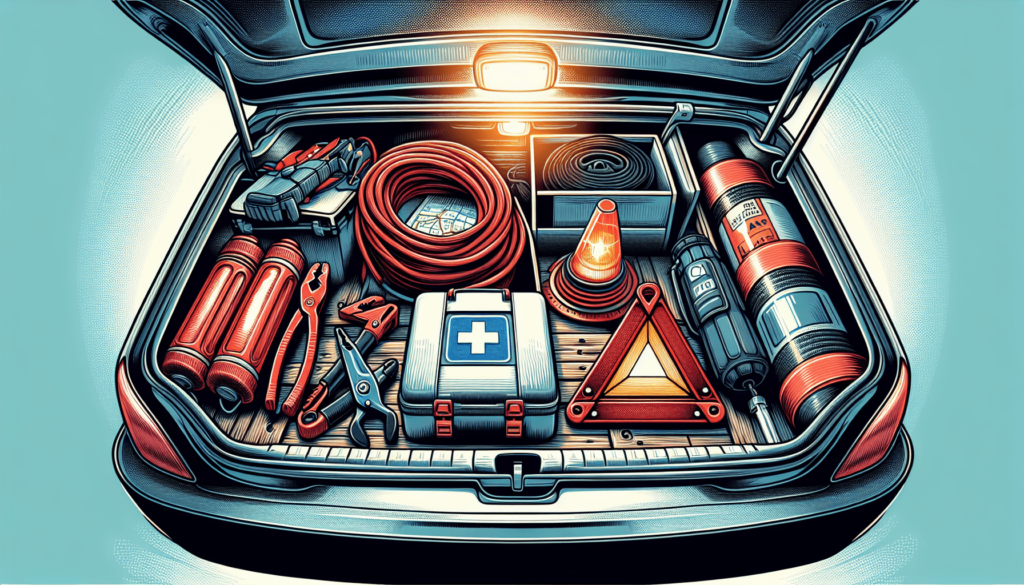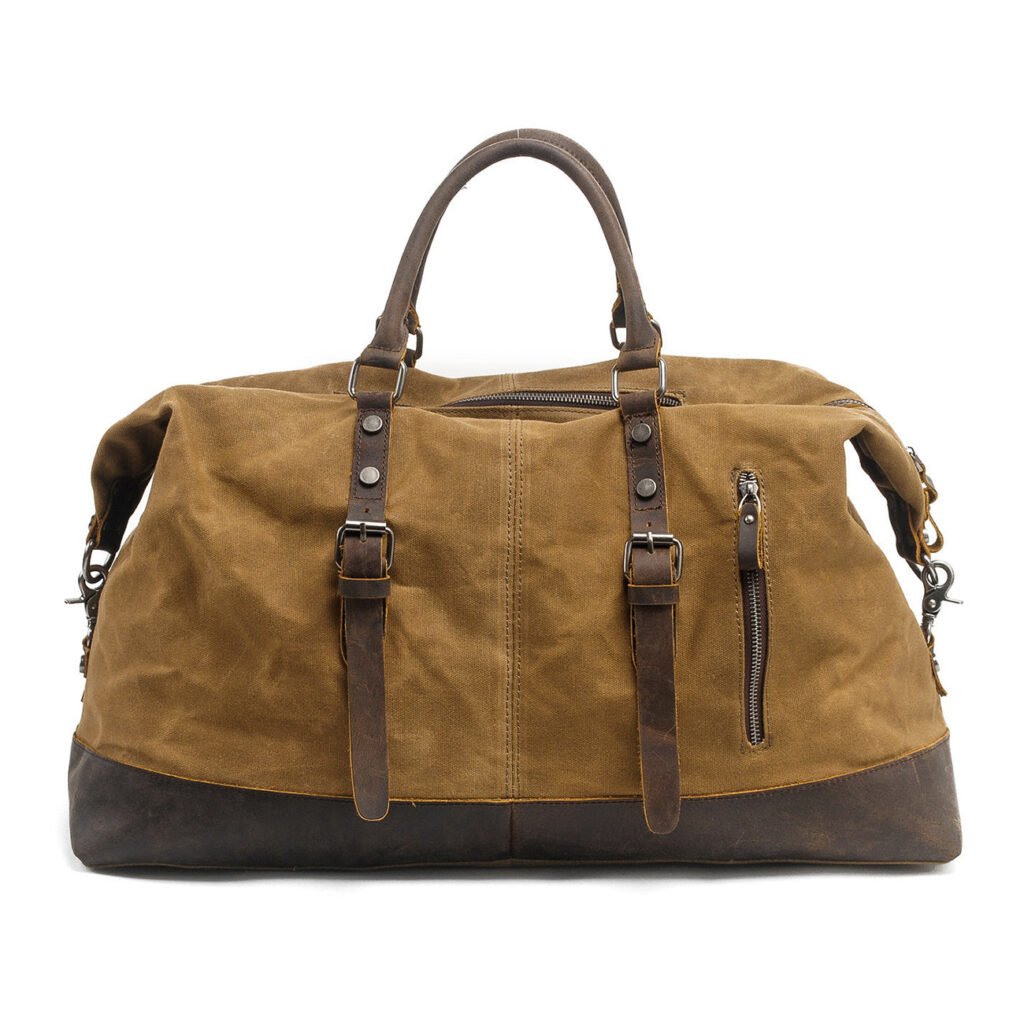We all cherish the thrill of hitting the open road, but ensuring our journey is as safe as it is fun requires some crucial preparation. In our article, “Essential Road Trip Safety Checklist,” we’ve compiled some indispensable tips to help you address all the necessary precautions before you rev up the engine. From checking your vehicle’s vital components to packing the right emergency supplies, we cover everything you need to ensure your road trip is memorable for all the right reasons. Join us as we dive into these essential steps, ensuring you’re ready to tackle any bumps along the way with confidence and ease. Have you ever taken a moment to think about how many memories we could make on a road trip? The open road ahead, our favorite tunes playing, and the endless potential for adventure! But before we embark on our epic journey, it’s crucial we take our safety seriously. That’s where our essential road trip safety checklist comes into play, making sure that our adventures are not only memorable but also secure.

Preparation Before the Trip
Checking Your Vehicle
First things first, we need to make sure that our vehicle is in prime condition to handle the journey. It’s not just about having a smooth ride, but ensuring our safety from start to finish.
- Oil and Fluids: Check oil levels and top them up if necessary. Also, check the brake, transmission, and windshield fluids.
- Brakes: Listen for any unusual noises and check the responsiveness. It’s best to have them inspected by a professional if you’re unsure.
- The list goes on with tire pressure, lights, and battery checks. Each part of our vehicle plays a crucial role in our overall safety.
Plan Your Route
We don’t just hop in the car and go—planning is a key step.
- Map Your Route: Use GPS or a reliable map to plan the most efficient routes. Consider alternatives for avoiding heavy traffic or road constructions.
- Weather Conditions: Check the weather forecasts for your planned route and prepare accordingly. No one wants to be caught in a storm unprepared!
Emergency Kit
We always hope we won’t need it, but it’s better to be prepped with an emergency kit.
- Basic Tools: Include items like a flashlight, screwdrivers, pliers, an adjustable wrench, and duct tape.
- First Aid Kit: Band-aids, gauze, antiseptic wipes, and pain relievers are must-haves.
- Keep a list of necessary items, such as bottled water, non-perishable snacks, and blankets.
On the Road
Safe Driving Practices
Now that we’re on the road, maintaining safe driving practices is crucial.
- Speed Management: Always adhere to speed limits and adjust your speed according to road conditions.
- Rest Breaks: Fatigue is a major hazard. Scheduling rest breaks, ideally every two hours, helps maintain our alertness.
- Understanding the importance of focus and avoiding distractions like our mobile phones ensures we all stay safe.
Handling Emergencies
Unexpected things happen, but being prepared can make all the difference.
- Flat Tire: Keep calm, pull over safely, and use the spare tire. It’s a basic but invaluable skill.
- Accidents: If involved, check for injuries, call emergency services, and stay calm. Document the scene if possible.
- Preparedness for emergencies also includes knowing basic car troubleshooting and keeping emergency contacts handy.
After the Road Trip
Post-Trip Car Maintenance
Our vehicle took good care of us; let’s return the favor.
- Car Wash: Remove all dirt and grime to prevent long-term damage to the vehicle’s exterior.
- Fluids and Tires Check: Post-trip maintenance isn’t just courteous—it’s necessary. Check all fluids and tire conditions to ensure they’re still in good shape.
Review and Reflect
After every road trip, taking a moment to reflect can provide valuable insights for future trips.
- Examine the Car for Any Unusual Signs: Any new noises or changes in vehicle handling should be looked into by a professional.
- Learn from Experience: What went well? What could we improve? Keeping a log can help us better prepare for next time.
FAQs
As we all have questions, let’s tackle some of the common ones to help us on our future road trips.
What Should I Do If I Get Lost?
- Stay Calm and Use GPS: Nowadays, with technology, getting back on track is easier. Have offline maps just in case.
- Ask for Directions: Don’t hesitate to ask locals for help. Sometimes they know the best way through tricky areas.
How Often Should I Service My Vehicle?
- Regular Checks: Depending on your car’s model and make, servicing schedules might vary. Generally, a check-up every 6,000 miles, or as recommended by your manufacturer, is a good rule of thumb.
- Before Any Major Trip: No matter the regular schedule, always give your car a thorough check before any long-distance journey. It’s better to be safe than sorry!
What Are the Must-Have Items in My Emergency Kit?
As mentioned earlier, ensure you have these essentials:
- Tools and Repair Kits: These are critical for minor breakdowns.
- Medical Supplies: Always have a stocked first aid kit.
- Safety Gear: Reflective triangles and a high-visibility vest can be crucial during night-time emergencies.
Organizing your safety gear and essentials makes mishaps easier to handle, ensuring that we can continue our adventure with peace of mind.
In wrapping up, taking these precautions might seem tedious, but they are essential for ensuring that we have a safe and enjoyable road trip. It’s not just about the destination but also about ensuring our journey there is just as flawless. So here’s to safe travels and unforgettable road trip memories – let’s make every journey count safely!



